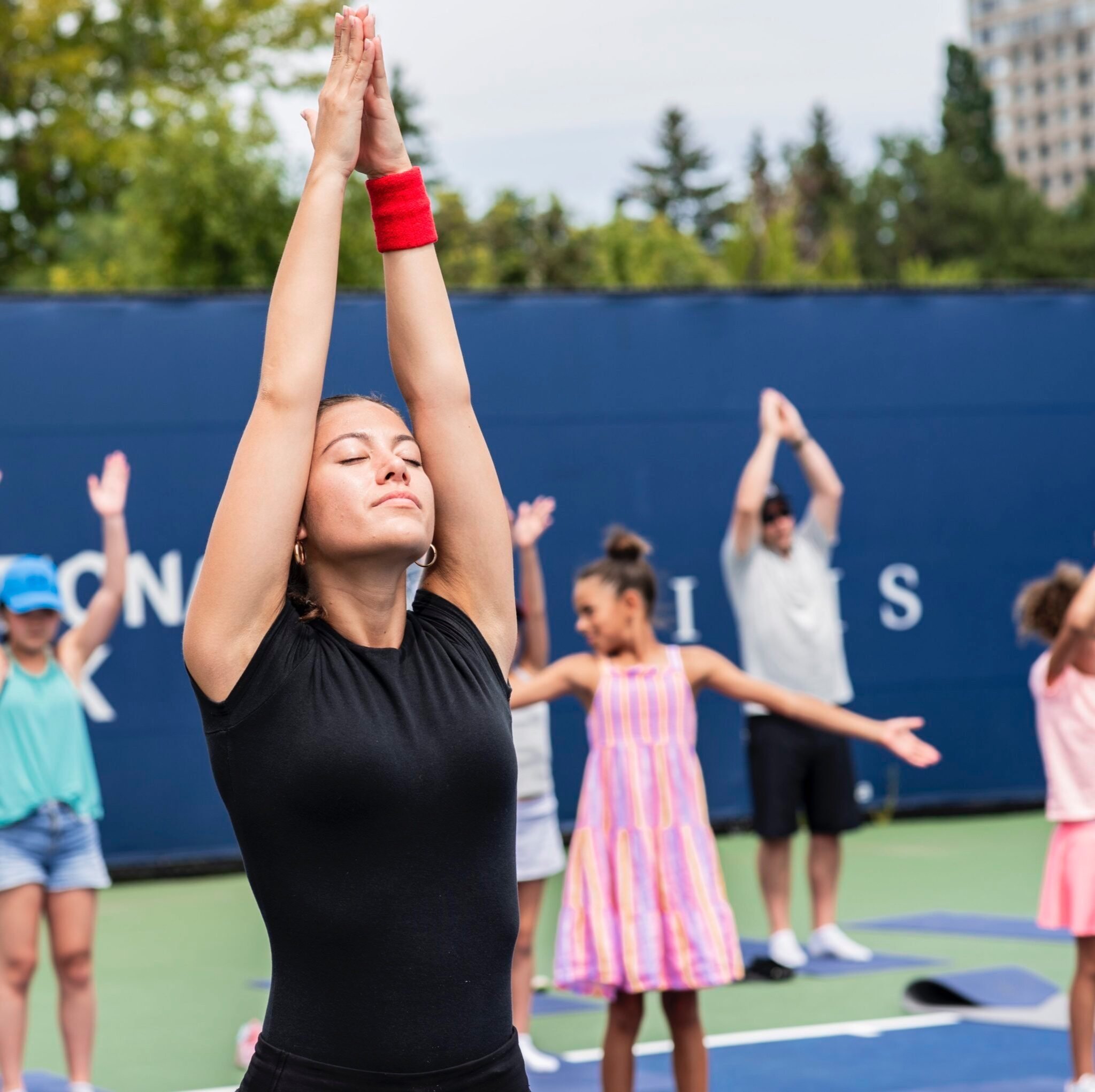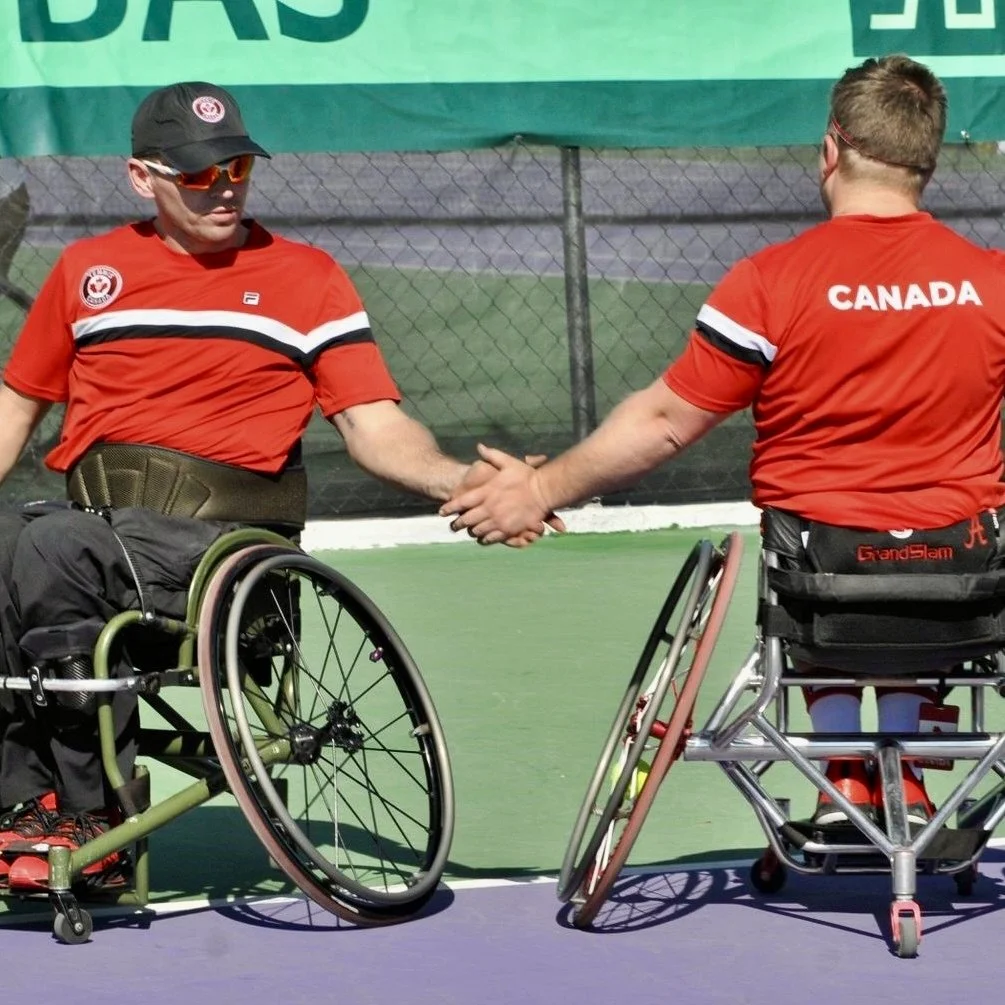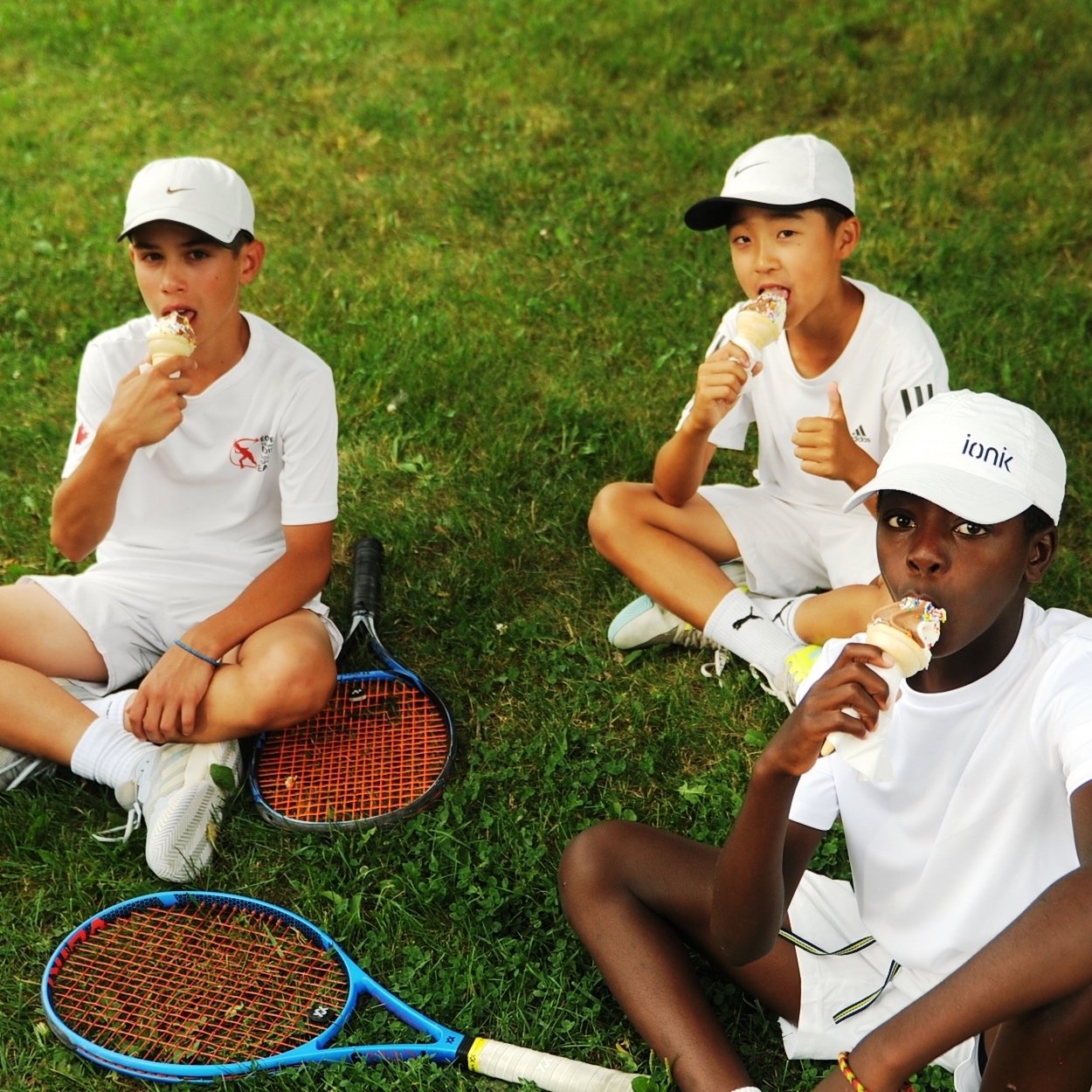In The News: TENNIS CANADA PRIORITIZES MENTAL HEALTH AND WELLNESS BY UNVEILING PIONEERING MENTAL HEALTH STRATEGY
Published February 27.2024 | Original Author: Tennis Canada
Tennis Canada has partnered with the University of Ottawa, Own the Podium, the Canadian Centre for Mental Health and Sport (CCMHS), and Game Plan to design, implement and evaluate a comprehensive long-term strategy to improve the mental health and wellness of Tennis Canada athletes, coaches, parents, and staff.
After 15 months of research and planning, Tennis Canada is the first National Sport Organization (NSO) to unveil an NSO-wide Mental Health Strategy based on the National Mental Health Strategy for High Performance Sport in Canada (launched in 2021) and will roll out the pioneering program with a targeted approach in 2024 and beyond.
“As athletes increasingly share their struggles with mental health, we wanted to demonstrate a willingness to listen to these concerns and take action,” said Tennis Canada CEO Gavin Ziv. “By leveraging the expertise of our partners, we have created a strategy that not only allows our players to feel heard and supported, but also recognizes wellbeing as an essential piece of their performance journey. This strategy puts us on the path to becoming a leading voice in the mental health narrative in Canadian sport.”
Tennis Canada appointed Marie-Josée Bellemare as its Wellness Director in May 2023. In this newly created role, Bellemare is responsible for working closely with athletes, parents, coaches, and staff to provide wellness and lifestyle assistance and will play a key role in the implementation of the action plan.
The sustainable strategy is based around the three pillars of:
PROMOTE
Within the Promote pillar sits Tennis Canada’s game-changing Mental Timeout initiative supported by Beneva, which launched at the 2022 National Bank Open in Toronto and Montreal. 2019 US Open champion Bianca Andreescu, 2022 Davis Cup winner Alexis Galarneau, and Canada’s top-ranked wheelchair player Rob Shaw were ambassadors for the project in 2023. An important element of Mental Timeout is the Positive Court Pledge, a written promise signed by those involved in Canadian tennis that aims to create a supportive, safe and thriving environment. Mental Timeout also includes on-site activations involving top WTA and ATP tennis players such as yoga and meditation, a player relaxation zone and Positivity Postcards (uplifting messages hand-delivered to player locker rooms during the tournament).
As part of its wider strategy, Tennis Canada will also provide a mental health content series, and a Lunch n Learn staff series that focuses on employee well-being including topics such as dealing with stress and anxiety to managing workflow. Tennis Canada has joined forces with its partners to provide a resource hub on its website which provides easy access to essential information and service referrals.
SUPPORT
The Support pillar will include an ambassador program involving Mental Health Champions. These Champions are athletes, coaches and staff who have undergone Mental Health First Aid Training and will be “on the ground” supporters and promoters of mental health initiatives.
In order to support the families of our athletes in a meaningful way, the integrated support team (medical, fitness, wellness, physio, sport science, and mental performance) has designed an onboarding plan for National Tennis Centre/Regional Training Centre and national team athletes, while there are plans for the creation of a parents’ lounge in Toronto as well as a designated player space in Montreal.
As Tennis Canada strives to encourage athletes to understand the importance of giving back to the community, NTC players will be participating in fundraising and volunteering projects throughout the year. Players, parents, and coaches will also have access to a workshop and training calendar to encourage a baseline knowledge on mental health and wellness.
CARE
Tennis Canada has created an Athlete Assistance Plan to ensure and facilitate referral to mental health professionals in collaboration with the CCMHS. The integrated support team at the NTC has a communication system to facilitate return to play and referral to the right professional for evaluation and/or treatment.
“Tennis Canada should be commended for stepping up and establishing a sound mental health strategy that is grounded in science and the overall Mental Health Strategy for High Performance Sport in Canada,” said Natalie Durand-Bush, PhD, Full Professor at the University of Ottawa, Executive Director of the CCMHS. “Tennis Canada’s community will be stronger as a result of this impactful work. We want athletes, coaches, staff, and parents to be able to manage both their mental health and performance while striving to reach their goals. Tennis Canada has created an important road map to do this.”
Mikaela Papich, a University of Ottawa PhD student, is playing an important role in the process by helping to research and oversee each step of this novel project. The strategy will be rolled out to the National Tennis Centre presented by Rogers and National Teams in 2024, the wider competitive structure in 2025, followed by provincial clubs and academies by 2026.




